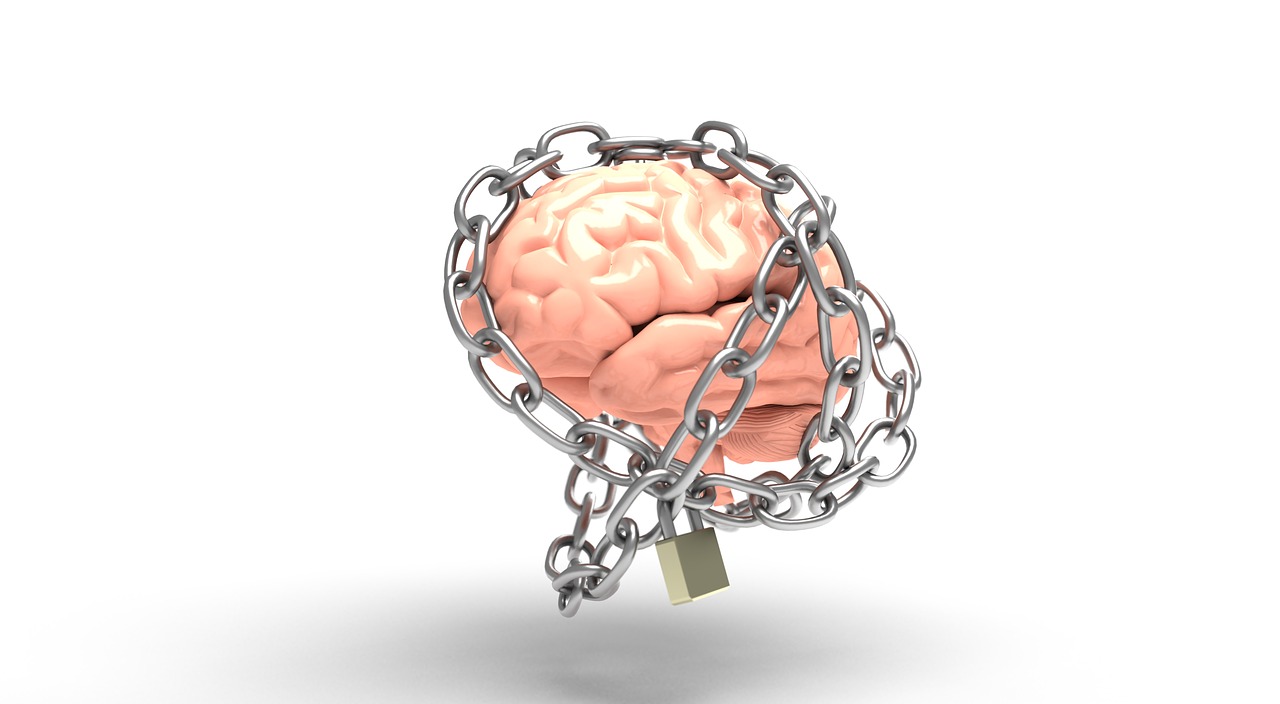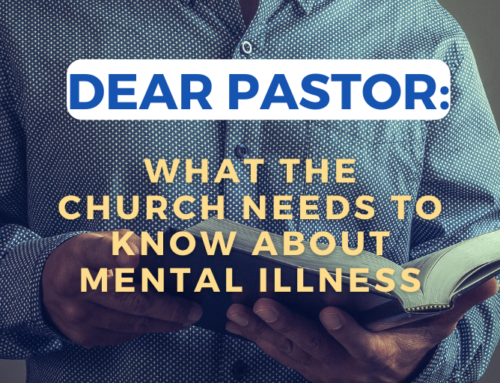In her article “Incarceration of the Mentally Ill: A National Crisis“, Dr. Susan Lockwood Roberts of Nexus Point Consulting writes,
I wonder what it would be like if we treated people with mental illness the same way we treated people with cancer, or asthma, or Parkinson’s disease, or any other type of chronic illness? We recognize physical diseases as debilitating and we find ways to support individuals who suffer with these diagnoses.
On the other hand, we tend to be more cautious about people with mental illnesses. Most of us don’t have the knowledge or ability to attend to these individuals, and often they are difficult to manage. When a person with a mental illness is in crisis, it isn’t unusual for him to commit an act that gets him arrested. Once he is in jail, his condition deteriorates because he isn’t provided with the care he needs, and things just get worse for him.
Correctional institutions have rapidly replaced state hospitals as the largest psychiatric facilities in the nation. Many persons with mental illness unable to adapt to community life wind up homeless, lacking access to adequate care. Improperly treated, many become volatile and act out in criminal ways, landing in prison. Once in prison, their psychiatric condition worsens and they act out all the more. Some with aggression towards others. Many more with self-induced harm.
It is essential that we cease this cycle of illness to homelessness to incarceration to greater illness.
It is essential that we cease this cycle of illness to homelessness to incarceration to greater illness. It is both the humane thing to do and it makes prudent financial sense. Dr. Roberts cites a 2013 American Psychiatric Association study which compared the cost of prevention to the cost of imprisonment.
The more than 18,000 people who avoided incarceration cost Connecticut roughly $25,000 per person. The nearly 7,000 people who wound up in trouble with the law cost $49,000 per person – almost double the amount.
In my ministry, I became aware of a young man I’ll call Peter. Peter had bipolar disorder with psychotic features. It manifested itself in religious delusions where he was convinced demons were constantly attacking him. In spite of many efforts from his family to seek out quality treatment, his condition only worsened. When he turned 18 and the health privacy code went into effect, he stopped taking his meds and went off the grid. The next they heard from him was when they got a call that he had been arrested for committing a violent act on the streets. The demons finally got to him.
Peter was tried and sentenced to prison where the downward spiral progressed. He did not respond to medications they provided. He continued to hallucinate. He acted belligerently toward correctional officers and aggressively toward other inmates. This led to solitary confinement where the demons hit full force. He attempted suicide and was put on constant watch, his body barely covered.
I wrote to Peter at this time with words of the Psalms, to encourage him that he was not alone, to let him know that someone was praying for him, to extend even a ray of light in the darkness of his hole. He wrote back, thanking me for my letter, saying he was doing as good as could be expected. He said if he ever made it out he was hoping to go into ministry.
When I got his letter, I quickly sent him a reply, along with a signed copy of my book. I didn’t hear back for almost six months. One day in the mail I received a return package with my book. It had been forwarded to many addresses and then stamped “Return to Sender.” I haven’t heard from Peter since. I fear he is still lost in the cycle and pray that one day God would find him and lead him safely home.
Dr. Roberts concludes her article with this challenging hope:
Imagine the difference we could make if we were able to provide our fellow humans with the mental health treatment they needed so they wouldn’t be on the streets trying to manage their behaviors while experiencing crisis.
Imagine the difference we could make if we were able to provide our fellow humans with the mental health treatment they needed so they wouldn’t be on the streets trying to manage their behaviors while experiencing crisis. Imagine what it would be like if law enforcement officers had alternatives for addressing individuals who needed treatment instead of incarceration?
Mental illness can be scary for all of us, including those who are mentally ill. It is important for us to surround these individuals with the care and treatment they need prior to their commission of a violent act against others or against themselves. Pushing them to the side because treatment is too costly is not acceptable. Our society can be and needs to be better than that.







